SUMMARY
This is AI generated summarization, which may have errors. For context, always refer to the full article.
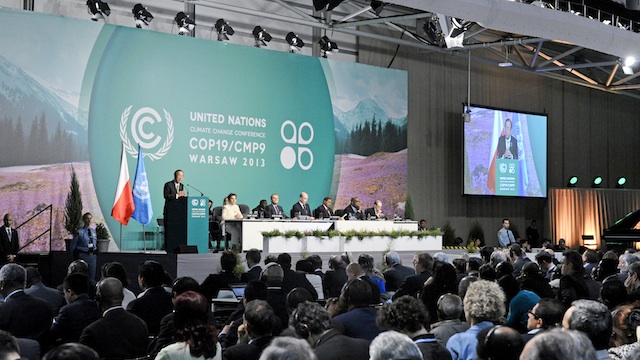
MANILA, Philippines – Developing countries including the Philippines and economic superpower China walked out of one of the most critical negotiations of the United Nations Climate Change Conference in Warsaw, Poland on Wednesday, November 20, over the issue of climate finance.
The walkout, which happened 3:55 am on Wednesday, was led by Bolivian negotiator Juan Hoffmaister who was representing the G77+China group in a closed night-time session on loss and damage.
It was motivated by the developing nation bloc’s frustration over the unwillingness of developed countries like Australia and Norway to discuss a mechanism for compensating poor nations for loss and damage due to climate change impacts like storms. (READ: Haiyan revives compensation row at UN climate talks)
The developed countries were unwilling to take up a proposal put forth by the G77+China bloc requiring rich nations to provide funds, technology and capacity-building to poor countries suffering from climate change. (READ: PH groups hit rich countries for climate change turnaround)
Developed countries see the mechanism as a potential trap binding rich states into a never-ending liability for compensation. They instead suggested the issue be tackled in 2015, The Guardian reported.
“We had shown much flexibility in the negotiations, but it is clear that developed countries are not really prepared to help developing countries address loss and damage due to climate change,” Nadarev Saño, Philippine climate change negotiator, was quoted in a press release sent by the country’s Climate Change Commission. (READ: ‘Stop this climate crisis madness‘)
“Codifying loss and damage issues in an agreement could lead to claims of legal liability, which would be problematic, to say the least,” Robert Stavins, director of the Harvard Environmental Economics Program, told Agence France-Presse.
Developed countries cited 3 major reasons why the “loss and damage” mechanism is uncalled for:
- It is close to impossible to tell if an extreme weather event was caused by climate change or is a random weather event.
- Poor nations may partially be at fault for the extent of loss and damage because they allowed people to live in risky areas in the first place or failed to provide protection and emergency response.
- Many developing countries are becoming giant carbon emitters themselves. Growing powerhouses like China, Brazil and India should then also be obligated to reduce carbon emissions.
Said Alicia Ilaga, the Philippines’ lead negotiator on loss and damage: “We are hoping that this CoP will deliver clear outcomes on loss and damage. However, the text that is emerging from the negotiations does not match the needs of developing countries that are already suffering the impacts of climate change. Enough is enough.”
The Guardian reported the walkout halted the discussions for around 3 hours, after which the negotiators came back in to the venue.
The walkout is imbued with strong symbolic value and is unprecedented in the last decade of climate change talks.
Liabilities, responsibilities
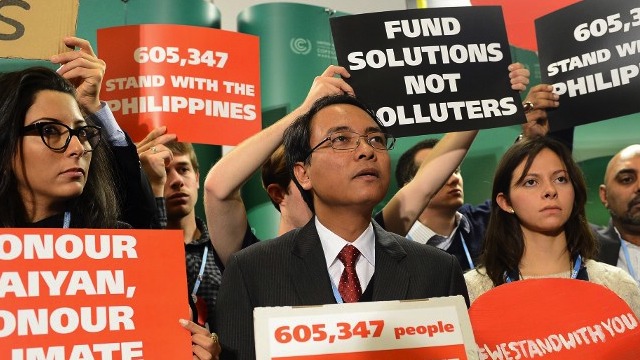
Many of the world’s poorest nations are the most vulnerable to the ravages of climate change. This is why the G77+China bloc want the “loss and damage” mechanism in place.
The mechanism would help poor states develop technology, capability and a knowledge base to help them mitigate climate risks and provide financial assistance for recovery and rehabilitation.
This is only right, say developing nations, because richer states like the United States, Australia, Canada and European Union countries bear historic responsibility for global warming; some of them are currently among the highest emitters of carbon per capita. (READ: US owes us climate debt – PH environmentalists)
But the rich nations say developing countries should just make do with existing disaster relief structures that already channel aid where and when needed.
But the developing bloc says existing institutions do not have the capability and resources to deal with issues of loss and damage, particularly for slow-onset risks like land-encroaching sea level rise and worsening droughts and floods.
The bloc also insists that no amount of mitigation and adaptation will prevent climate losses in vulnerable countries.
The compensation is “a platform by which the Philippines and other vulnerable countries can address what we call the 3rd wave of climate change when countries are no longer able to adapt because the losses are just too overwhelming. We need a system to acknowledge these losses,” said Saño.
The climate change conference, known as the Conference of Parties or CoP19, happened right after Super Typhoon Yolanda (Haiyan) devastated the Philippines, killing more than 4,000 and damaging P12.6 billion worth of agriculture and infrastructure. Days after, Somalia was battered by a ferocious storm.
The planet is already 0.85 degrees Celsius (1.4 degrees Fahrenheit) warmer than in 1880, according to the UN‘s International Panel on Climate Change. The UN aims to keep the increase in temperature within 2 degrees Celsius. Anything warmer than this will be “catastrophic” for humans.
For this reason, major carbon emitting nations must fulfill commitments to cut back on their emissions by 2020. But some countries such as Japan and Australia are now saying they won’t fulfill these goals. (READ: Japan scales back greenhouse gas emissions target: official) – with reports from Agence France-Presse/Rappler.com
Add a comment
How does this make you feel?
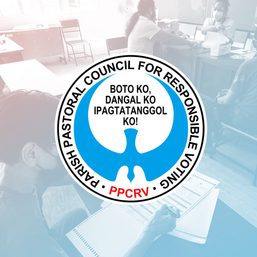



![[PODCAST] Beyond the Stories: Ang milyon-milyong kontrata ng F2 Logistics mula sa Comelec](https://www.rappler.com/tachyon/2021/11/newsbreak-beyond-the-stories-square-with-topic-comelec.jpg?resize=257%2C257&crop_strategy=attention)
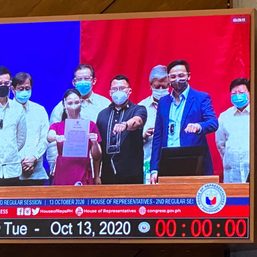
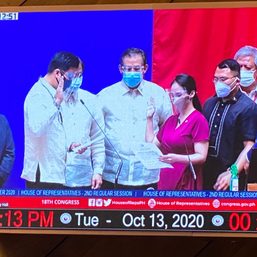
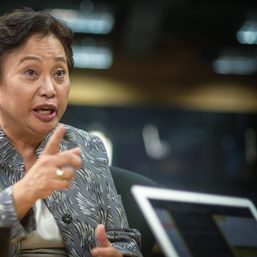

There are no comments yet. Add your comment to start the conversation.